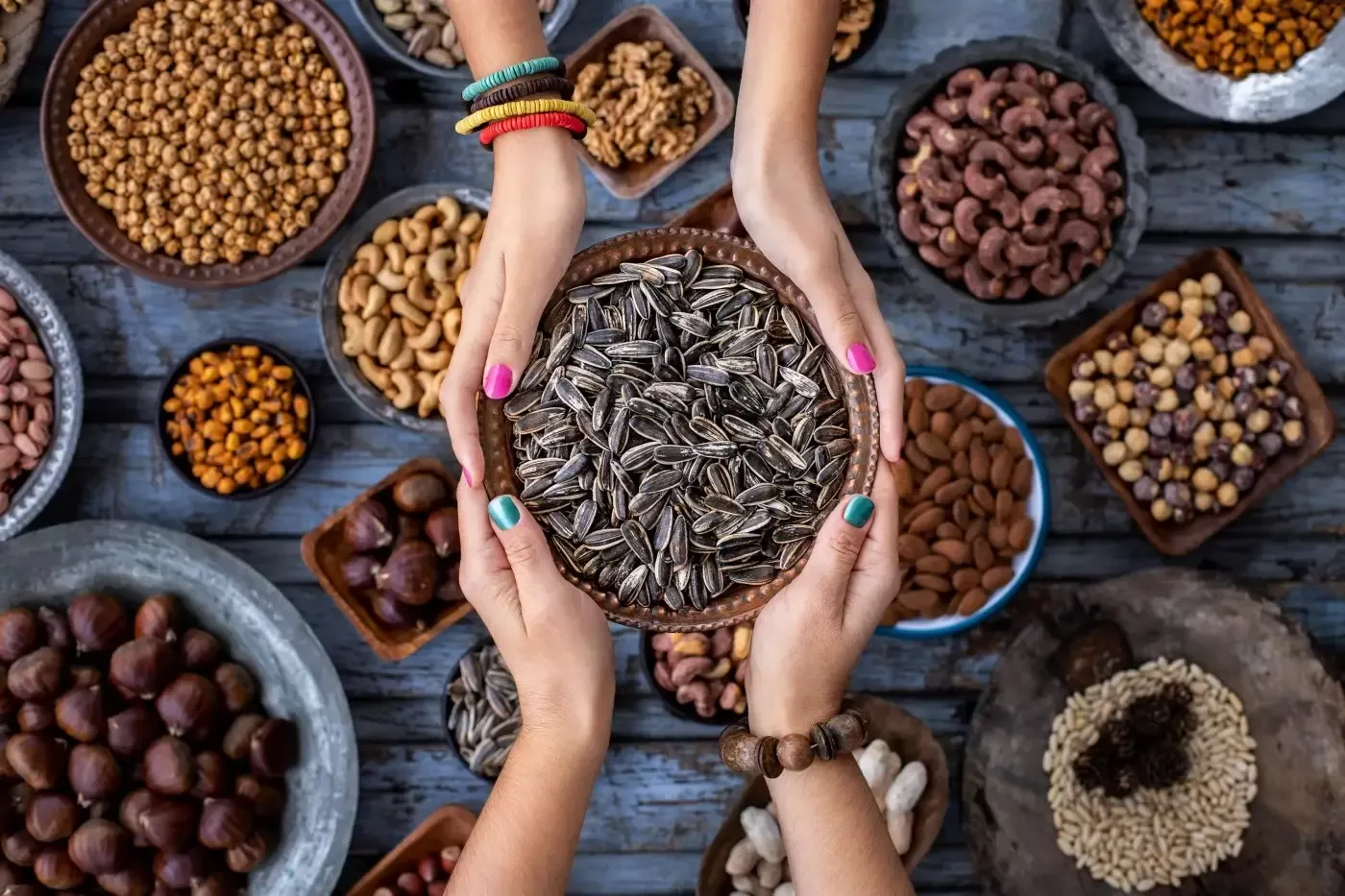
Pistachios are considered a favorite snack for many and are difficult to resist. They are not only delicious but also rich in beneficial microelements for the body, supporting heart health, providing energy, and ensuring a feeling of fullness.
However, in some cases, their consumption is not recommended. It is important to know the situations in which pistachios should not be consumed to avoid harming health and preventing negative consequences. Trainer and dietitian Aleksandra Morozova clarified this issue.
“Those suffering from chronic gastrointestinal diseases, as well as those concerned about dental health, should limit the consumption of unpeeled pistachios. Regular consumption makes it difficult to lose weight, as they are very high in calories. And, of course, those who are allergic to them should eliminate pistachios from their diet,” explains the specialist.
Are there benefits to consuming pistachios?
Undoubtedly, yes. Because they contain antioxidants that positively affect cell metabolism. Pistachios are rich in vitamins B, A, E, and D, as well as essential microelements for the body such as potassium, zinc, selenium, phosphorus, iron, and copper. Additionally, pistachios are high in fiber, which improves intestinal motility. However, moderation is necessary.
Who should completely avoid pistachios?
Those struggling with excess weight
Pistachios are a high-calorie product. 100 grams of raw pistachios contain approximately 600 kcal, while roasted ones have about 700 kcal. To burn them off, one would need to swim for an hour or walk at least 10 kilometers. By the way, pistachios stimulate appetite, so you will indeed feel like eating after having them.
Those who do not want to age prematurely
Beneficial substances are mainly found in unroasted pistachios, but many prefer to consume roasted ones. During the roasting process, glycation products are formed, which trigger premature aging of cells. Salt and flavor enhancers are added to the seeds when roasted, leading to skin dehydration and early wrinkle formation, as well as contributing to cell mutations.
Those concerned about dental health
If you regularly eat pistachios, gaps can form between your teeth. Excessive consumption can lead to cracks in the tooth enamel, allowing bacteria that cause cavities to enter. Constant mechanical impact can lead not only to enamel damage but also to complete tooth loss.
Those with gastrointestinal diseases
Pistachios contain fiber, so it is advisable not to consume them during exacerbations of gastrointestinal diseases to avoid irritation of the mucous membrane. Additionally, patients suffering from gallbladder and liver diseases should also eliminate pistachios from their diet due to their high fat content. There are also contraindications for patients with gastritis and stomach ulcers.
Those prone to allergies
Pistachios are a strong allergen. Consuming small amounts of raw and peeled pistachios provides the body with vitamins and minerals. However, it is best for everything to be in moderation.
Photo: The Day